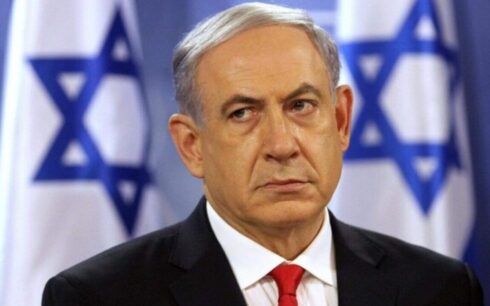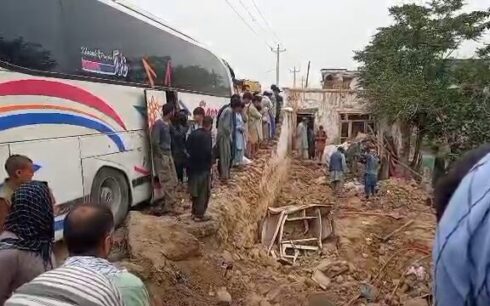Special envoys from at least a dozen regional countries met Wednesday for consultations on Afghanistan and voiced their unanimous support for the establishment of an inclusive government in Kabul and for joint initiatives to counter terrorism.
Russia’s Special Presidential Representative for Afghanistan Zamir Kabulov said after the meeting that the general tone of all the statements delivered by participants at the talks in Moscow had been the same.
“We all see the situation in Afghanistan the same way, and we all unequivocally support the formation of an ethno-politically inclusive government in that country as soon as possible,” Kabulov added.
However, he stated that the question now was how to achieve this objective.
He said such consultations in Moscow were important to show the Taliban the countries in the region were “friendly” but that they hoped the group would “consider their steps”.
Kabulov stated that the participants at the Moscow talks were not trying to impose their view on the Taliban but rather that they discussed “simple things that are acceptable in any other country.”
However, in the meeting Kabulov said Russia was of the opinion that the West was responsible for the state Afghanistan was in. He said it was the West that “drove the country for 20 years to the current deplorable state,” and that it is “shamelessly suffocating” the country economically by holding onto Afghanistan’s frozen assets.
He called for the US to “unconditionally” unblock the frozen funds.
China’s Special Envoy on Afghan Affairs, Yue Xiaoyong, meanwhile called on the United States to take responsibility for the reconstruction of Afghanistan and also called for the US to release the frozen funds.
He said Afghanistan is at a critical stage in its transition, “from chaos to stability” and that countries in the region were committed to good neighborliness and multilateral coordination but stated the weaker the “interim government in Afghanistan is, the more risk [this poses] to regional stability.”
He also accused the West of trying to weaken and destabilize Afghanistan and said “we cannot allow that to happen.” He went on to say countries in the region must not let Afghanistan “descend into chaos again”.
He also said there was a need for the Talibans “complete commitment” to countering terrorism and that “terrorism is the cancer of the region”. He stated that countries in the region need to form a united front against the scourge.
Representatives of Uzbekistan and Russia also demanded the release of Afghanistan’s frozen funds.
China’s ambassador meanwhile told participants that the Taliban is still dealing with challenges, more than a year after coming into power. Examples he gave were that of governance and the humanitarian situation as well as the economy, security and foreign relations.
He said it was important for all countries in the region to engage with Afghanistan and insist the country strengthens its counterterrorism capacities. Yue said the Taliban must be encouraged to root out terrorism so as the country never again becomes a “breeding ground or safe haven” for the proliferation of terrorism.
The special envoy for Tajikistan meanwhile, slammed the IEA for its human rights violations. He said Tajikistan was particularly concerned about the violation of rights against ethnic groups, women and civil society activists adding that there was a “witch hunt” against ethnic Tajiks by the Taliban.
He also stated that Tajikistan was particularly concerned about the increase in drug production and trafficking and said that the smuggling of drugs into his country had increased in recent times.
The Tajik envoy said the presence of terrorist groups in Afghanistan remains a problem for his country and reiterated previous calls to establish a “safety belt” around the country.
Regional stability hinges on Afghanistan
Speaking to the media on the sidelines of the meeting on Wednesday, Iranian special envoy for Afghanistan, Hassan Kazemi Qomi, said that security in the region relies on security and stability in Afghanistan.
He said that countries in the region are making efforts to support a stable and safe Afghanistan.
“As much as Afghanistan improves in terms of politics and economy, it will naturally lead to security in the region,” Qomi said, adding that the issue of reducing the presence of terrorists would also be another result of regional cooperation.
“Today, developments in Afghanistan have created complex conditions for the people of Afghanistan, the countries of the region, and international security,” he added as quoted by Mehr News Agency.
Noticeably absent at the meeting was the Taliban, who had attended the previous gathering in October last year.
This time around, envoys from Russia, China, India, Iran, Pakistan, Kazakhstan, Kyrgyzstan, Tajikistan, Turkmenistan, Turkey, Saudi Arabia and Uzbekistan all attended.





